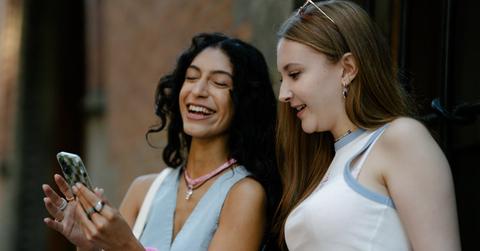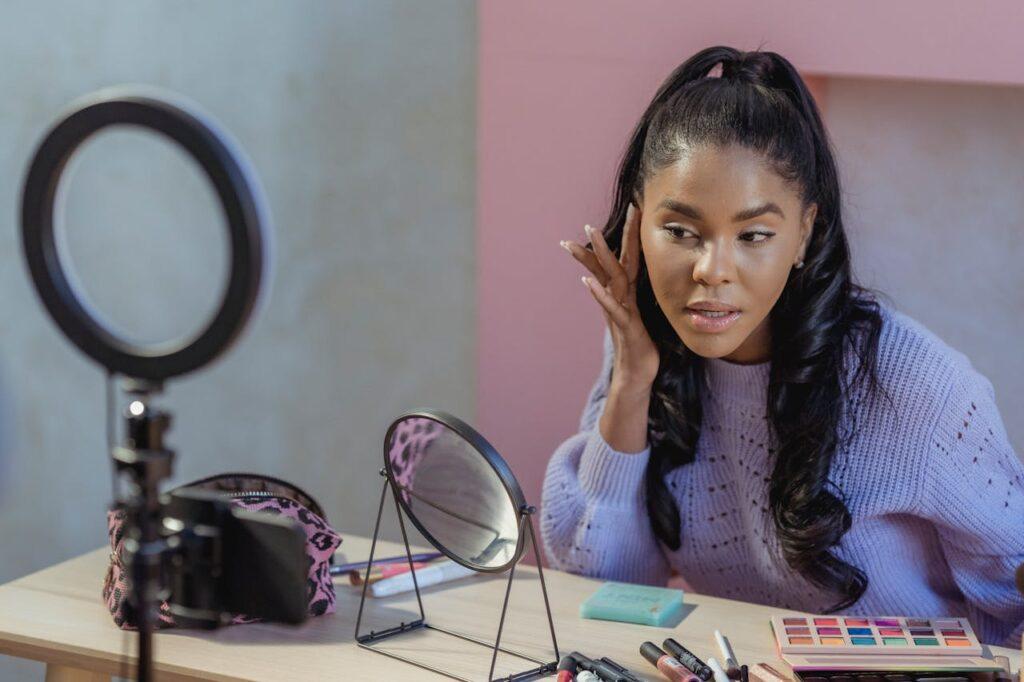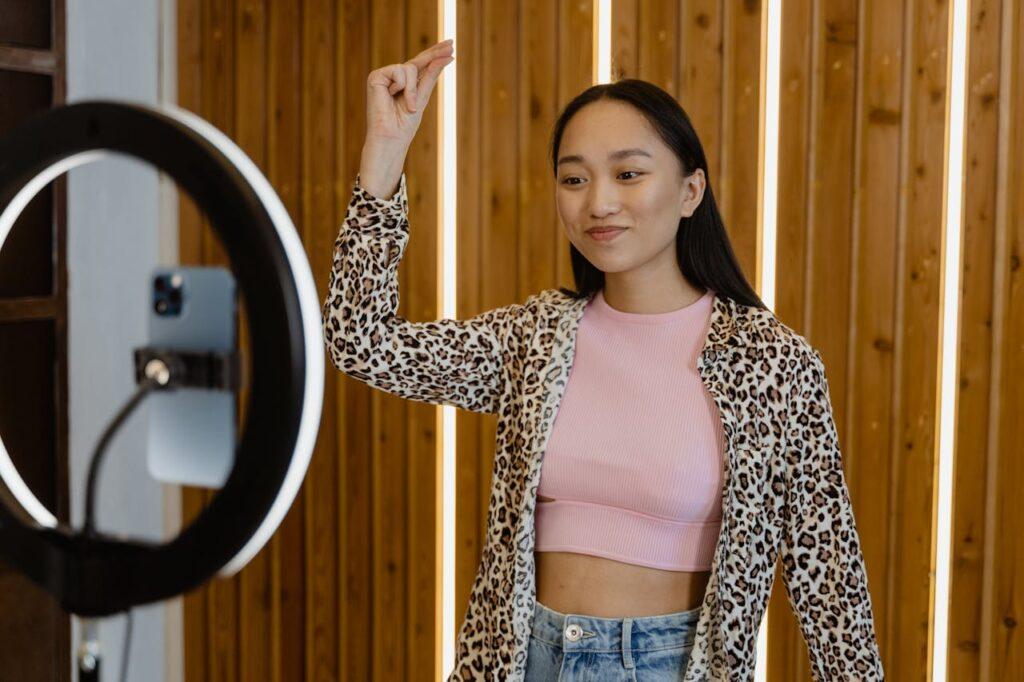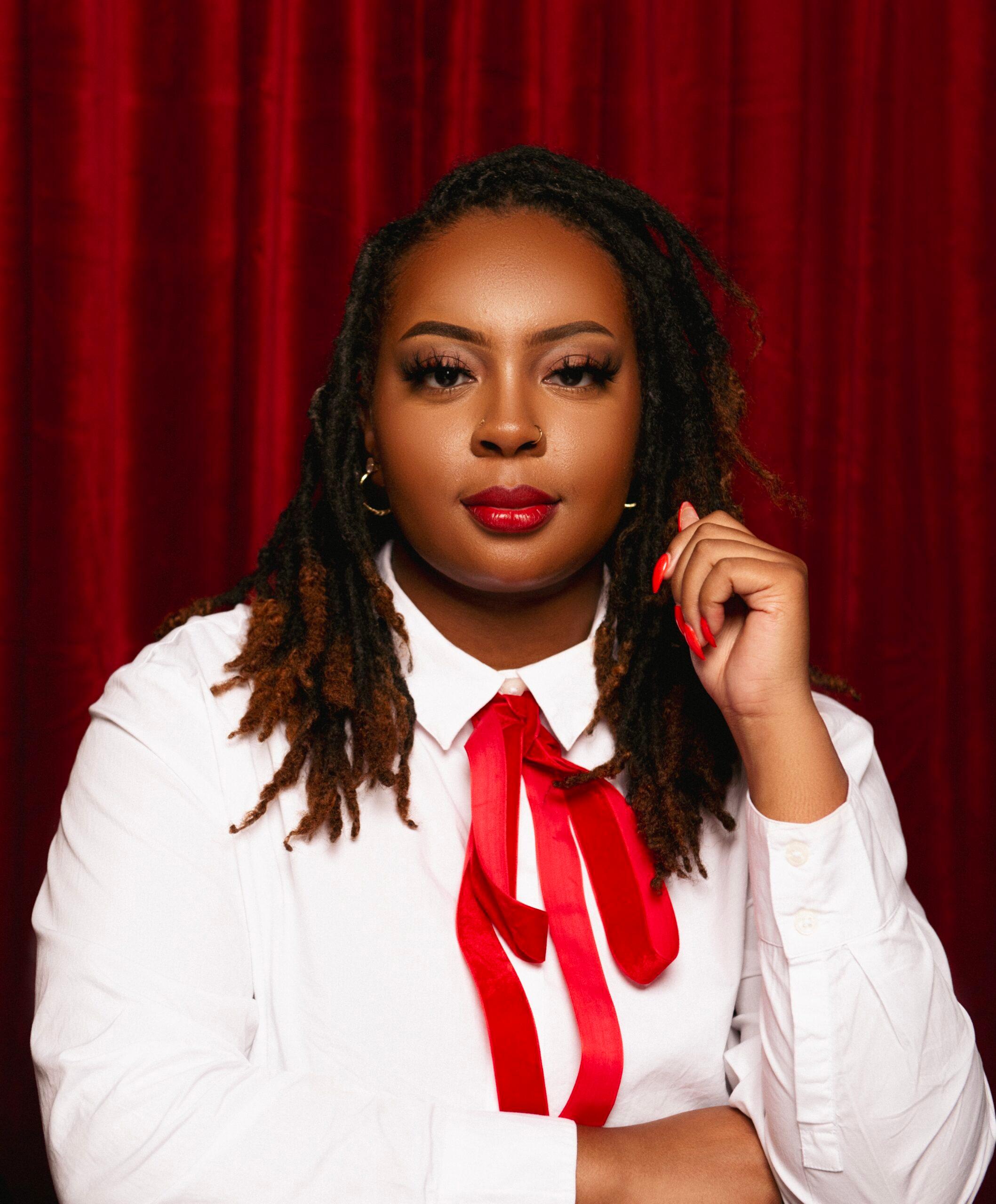Blocked: Exploring The Link Between Expectations And Boundaries For Influencers And Their Followers

Social media content creation has quickly become considered a viable career for many. Women have benefitted from their expertise in specific niches, drawing in audiences and creating connections with millions of people. However, as their platforms continue to grow, the boundaries of these connections become more muddy.
For centuries, societies have joined together to discuss politics and current events. Way before the digital age, people would meet at coffeehouses or town squares to discuss anything relevant to the times. Those considered elite were moderators of these conversations and determined what was important — much like today’s influencers.

Today’s version of the coffeehouse is “For You” pages and has been monetized. However, these virtual relationships differ from those of the past. No matter how much content creators reveal about themselves, most of their followers or viewers do not know them in real life, nor do they know the true details of a creator’s life.
Why Do Influencers Need Virtual Boundaries?
Before the rise of Twitch, Instagram, and TikTok, long-form content creators posted on YouTube. This platform introduced us to Jackie Aina, Patrick Starrr, Alissa Ashley, Arnell Armon, Aliyah Jay, and many others. These YouTubers fostered communities and shared a common love for beauty and lifestyle content.
With these communities, they shared their stories, thoughts, personal triumphs, disappointments, wins, relationships, and families. Their vulnerability and openness made viewers go beyond following them on social media. Some viewers may have begun to feel they genuinely know the influencer, creating a parasocial relationship.
Psychology Today defines parasocial relationships as “one-sided relationships in which a person develops a strong sense of connection, intimacy, or familiarity with someone they don’t know, most often celebrities or media personalities.”
Essentially, influencers do not know their followers personally. Still, based on their virtual loyalty, viewers feel they deserve more than the influencer’s content. In turn, viewers may cross boundaries they may not cross in reality.
Creators like Jackie Aina have been unafraid to set their virtual boundaries. Recently, Jackie came under a bit of fire for having a supposed blocking spree. This came after relaying to her fans that she no longer wanted to be called “Auntie.” She also blocked people after she changed her last name on socials, indicating she got married. Fans began congratulating her for finally getting married after a long engagement.
Opinions on Jackie’s willingness to block people were mixed. Some felt allegedly blocking her supporters was counterproductive. Additionally, some may not have known she made certain requests due to algorithms. Others thought she had every right to set boundaries. Nevertheless, many other creators and celebrities have been quick to hit the block button.
What Are The Terms Of The Influencer Social Contract?

Influencers are expected to live up to the standards of any other “celebrity.” To maintain their platform and continue gaining followers, they must follow the invisible social contract in which they typically agree not to be racist, sexist, or otherwise inappropriate. When this social contract is broken, they may be “canceled” or reprimanded.
Now, influencers are seemingly asking their viewers to do the same. If you follow certain people and are their fans, you must abide by specific rules. Whether it’s talking about their children, speculating about who they are dating, or calling them a name — they demand respect. However, TikTok commenters wonder why one would be in the public eye if one wants extreme amounts of privacy.
It’s a thin line for folks in the public eye to walk. Some fans may believe part of the job of a celebrity or influencer is to expose parts of your life that regular people do not. In turn, influencers should not care what people who don’t know them have to say, for their affluent, lavish lifestyles are the exchange for decreased privacy.






